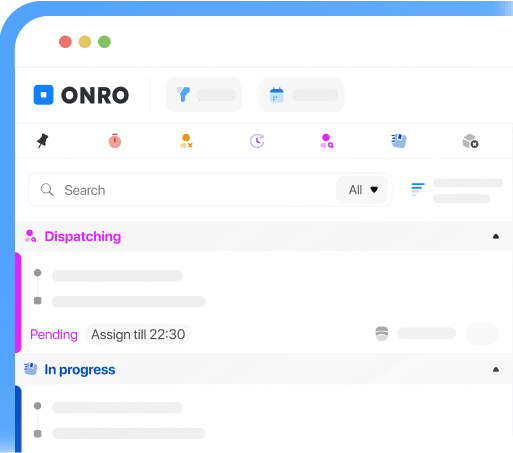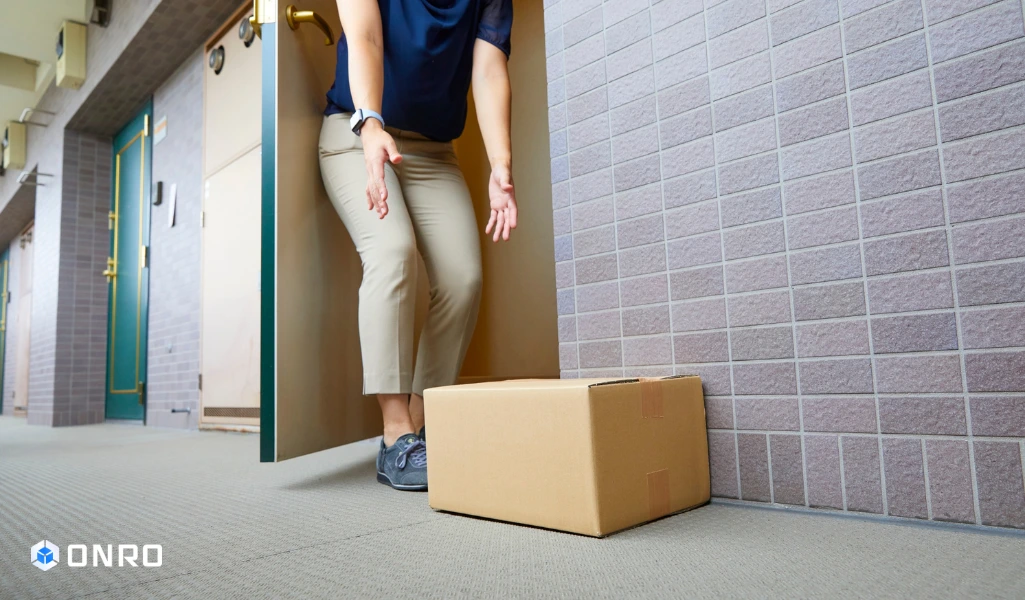Knowing the components of successful last mile operations is so awesome. This stage is considered crucial in the supply chain, since it involves direct delivery to the consumer or point of use, and usually incurs numerous transportation, personnel, and other expenses.
The last mile is also considered a challenge in itself, due to the need to coordinate multiple deliveries, overcome urban obstacles, and meet customer expectations for speed and accuracy of delivery.
What are the Key Components of Successful Last Mile Operations?
In the last logistics mile, numerous actors intervene who carry out several key processes, without which it would not be possible to guarantee a successful and satisfactory delivery to the customer. Some of these processes are:
Route planning
In this phase, the most efficient routes are determined to deliver the products to the final destinations, considering factors such as the zones and time slots of each client. If there are any priority customers or special delivery customers, this should also be taken into account, and many other factors.
A tool specialized in the last-mile like Onro, takes into consideration all these parameters, and those that the client needs to offer the company in rapid planning with optimized and efficient routes.
Try Onro for Free
Get your free access to the Onro All-in-one Last Mile Delivery Software.
Resource allocation
Appropriate transportation vehicles and personnel are assigned to carry out scheduled deliveries efficiently. This includes assigning routes to the respective drivers.
Route tracking
From the office or warehouse, the team responsible for operations tracks vehicles and deliveries in real time. This allows us to guarantee that deadlines are met and that we can act quickly and proactively in the event of incidents that may arise.
In a company with the last-mile digitized, this part of the process can be done from a shipping control and management panel. But for companies that work on this part manually, tracking through cross-calls makes it a chaotic and inefficient process.
Returns management
This is one of the most complex processes that is part of reverse logistics. It is more common in parcel logistics operators that are in charge of the last mile for e-commerce companies such as fashion stores. Teams have to handle product returns, coordinating product pickup and subsequent processing to ensure a seamless returns experience for the customer.
Why is Last Mile Logistics Fundamental?
Last mile logistics are fundamental for various reasons because they strongly affect customer satisfaction. If disputes arise during this last segment, all the work carried out beforehand may be altered. This part must therefore be seriously studied in order to minimize as much as possible all the complications and delays that may occur.
However, it costs so much more than transporting goods over long distances. Therefore, it is fundamental to focus on it in order to reduce its financial impact.
Crucial Challenges of the Last Mile Operations Today
Despite the awesome advantages that the last-mile of logistics provides within the supply chain, there are still many challenges to overcome in order to be able to speak of an efficient last mile.
First of all, the new urban realities, where intense traffic and the implementation of ZBE make delivery even more difficult in the last stage of the process. These zones restrict the entry of polluting vehicles, which poses a major obstacle to the urban distribution of goods in different areas, both now and in the future.
Sustainability, which we can call the massive challenge of last mile delivery, shows one of the biggest challenges due to the need to reduce carbon emissions.
Finally, the shortage of personnel, significantly qualified drivers, adds complexity to the whole picture, requiring fresh and innovative strategies to guarantee the training, quality of work and loyalty of logistics.
Onro is the Key Component of a Successful Last Mile Operation
Know the importance of optimizing delivery routes through the use of advanced technologies, such as Onro Last Mile Delivery Software that allows you to reduce kilometers traveled and minimize fuel consumption.
Try Onro for Free
Get your free access to the Onro All-in-one Last Mile Delivery Software.

Conclusions
So, we understood key components of successful last mile operations. In each of these sections we have seen, that technology plays an essential role in last mile logistics, offering key benefits in route optimization, shipment tracking, process automation and manual tasks, among others. Likewise, advanced technologies at the service of last-mile teams are a great ally for customer communication and data analysis.
Last mile logistics is characterized by its proximity to the customer, the need for flexibility and operational efficiency, and the importance of offering a satisfactory experience. Therefore, it is a key stage in the competitiveness of companies and their adaptation to market demands.


